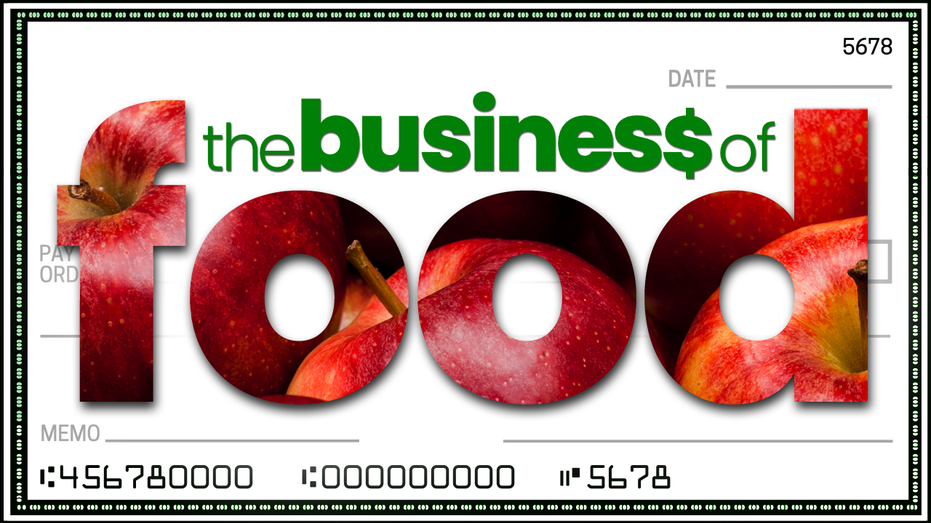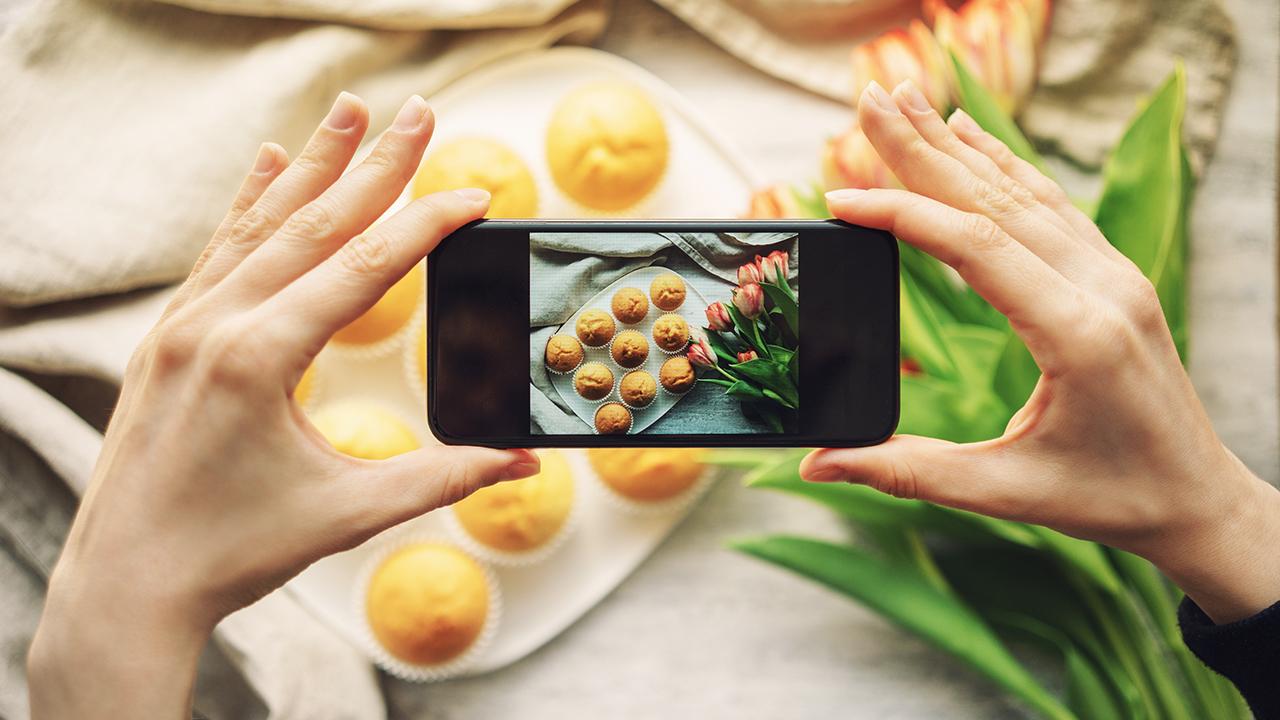Tupperware parties pack financial punch for modern sellers
"I was over six figures on my taxes. My accountant looked at me and said, 'From Tupperware?'"
The Tupperware party is making money with a modern upgrade.
Massachusetts native Maggie Weber started hosting her own Tupperware parties in 1987, gaining her following by cold calling, knocking on doors and passing out flyers. She went on to host intimate dinner parties at home with neighbors, demonstrating recipes for pineapple salsa or Buffalo chicken dip. It became her side hustle, she said, to get the cabinet container staples at a 25 percent discount at first.
“I got into it because I was a stay-at-home mom and I needed to go out at night,” Webber, 57, told FOX Business of attending the social gatherings with neighbors before hosting her own. “I probably made $75 on my first Tupperware party.”
After years of selling its products directly through sales reps like Weber, Tupperware started selling items direct-to-consumer in October amid declining sales.
Now, shoppers can buy the home goods directly from Tupperware’s revamped website and, for a limited time, at its first-ever retail popup called TuppSoho through Dec. 22 in New York. Customers can attend hands-on product demonstrations in the brand’s temporary shop affixed with Instagramable neon signs and retro art.
Weber says she still hosts two Tupperware parties per week but has upgraded her business model by building her own YouTube channel last year where she'll promote products and throw occasional virtual parties on Facebook. Her last party raked in $700, she said. Now, she manages a team of more than 100 "hosts" and earns a commission off their sales.
"I was over six figures on my taxes. My accountant looked at me and said, 'From Tupperware?'" Weber said.
Tupperware debuted in 1946 as plastic food-storage containers and became a household brand in the 1950s and 1960s, becoming synonymous with plastic containers used in households. For years, it operated as a direct sales model with “hosts,” particularly women, selling products at parties for friends and neighbors to shop the product line.
Like Weber, South Carolina native Corinne Brown has leveraged social media to expand her business, becoming a culinary influencer of sorts to promote some of her best-selling products, like the brand's $200 MicroPro Grill or a $40 cold brew carafe.
Now, the brand seems to be trying to fit in with a younger generation of eco-conscious, anti-plastic consumers advertising its pop-up as having “gifts that serve a purpose to reduce waste on our environment with designs meant to reduce single-use plastic and food waste at every turn,” encouraging customers to use the hashtag #TuppSoho at the popup.
“They’re tapping into young people’s need to be more environmentally and socially conscious, and their craving for connection,” marketing expert Chuck Welch, co-founder of strategy consultancy Rupture Studio, who has worked with companies like Nike and Pepsi, told FOX Business.
Culinary culture among young people is massive. People will sit home and cook together via video chat and use video recipes. People still crave that tangible connection of interacting with people and the product, and they’re [Tupperware] tapping into all these trends at the same time.
Tupperware announced in January it would "significantly reduce plastic and food waste by 2025" and is selling sustainable products like its Eco water bottle, which replaces single-use plastic bottles, at its popup.
"We’re embracing our natural place in reducing food waste and single-use waste by continuing to design products meant to save consumers time, money, space, food and energy," Asha Gupta, a spokeswoman for the brand, said in a statement.
More brands are leaning into the no-plastic food storage market. San Francisco-based company Aplat sells handmade totes made out of organic cotton canvas sans plastic or elastic for carrying casseroles, bread, and wine and storing snacks and sandwiches. Products range from $50 for a culinary dish tote to $68 for three chambray reusable bowl covers so users can reduce spending on aluminum foil and plastic wrap.
| Ticker | Security | Last | Change | Change % |
|---|---|---|---|---|
| TUP | NO DATA AVAILABLE | - | - | - |
Small business owners are also reducing spending by investing in eco-friendly kitchen storage options. Taylor Stump, 28, founder and owner of Little Miss Cupcape in Massachusetts said she’s invested in sustainable products for her bakeries, including reusable, BPA-free bags instead of disposable plastic to store her ingredients and paper straws instead of plastic and other items.
“In the long run, it helps," Stump said, adding that she also sells reusable bags for customers in stores.
And consumers can even get a discount from bringing in their own reusable cups or containers at some restaurants. Just Salad, the fast-casual chain that serves salads, wraps and grain bowls, said it saw a 38 percent increase in reusable bowl purchases in the past year, with 25 percent of guests already using a reusable bowl when visiting the chain. It had a promotion in April that gave free toppings to users who bought their own salad bowl. New York City restaurant Ancolie, meanwhile, includes a $2 deposit for mason jars it serves its food in. Returning customers will get discounts when they come back with sustainable food containers.
FOOD DELIVERY FROM GHOST KITCHENS BRINGS RESTAURANT-QUALITY FOOD TO THE MASSES
The no-waste movement has even inspired some restaurant chains like sandwich and salad eatery Fresh & Co. to start charging customers. Now, the chain will tack on 5 cents if customers ask for a paper bag.
Still, big brands have a long way to go in the push for more sustainable products. Only 3 percent of packaging from 139 consumer goods companies, packaging producers and retailers is made to be reusable, according to a poll by the Ellen MacArthur Foundation, a nonprofit focused on waste reduction, as reported by The Wall Street Journal.
READ MORE ON FOX BUSINESS BY CLICKING HERE

The Business of Food explores the rapidly changing $1.5 trillion food industry every Tuesday on FOX Business.




















